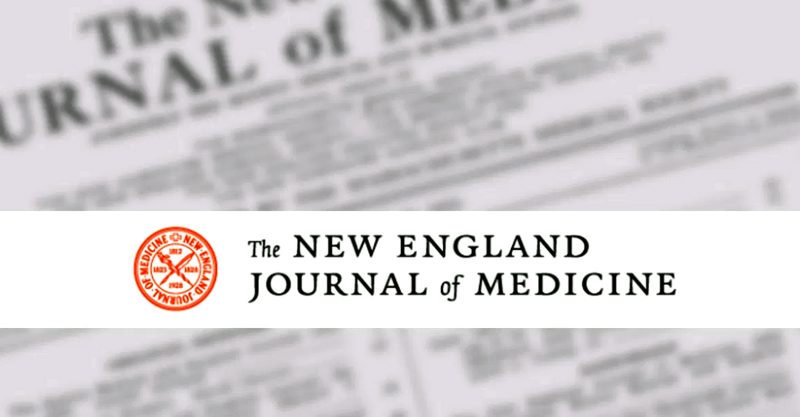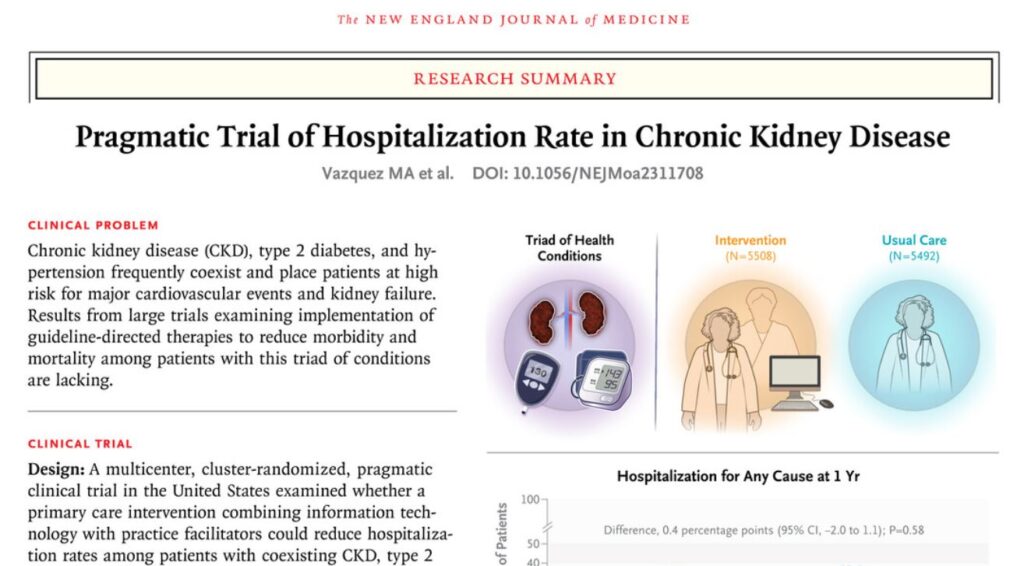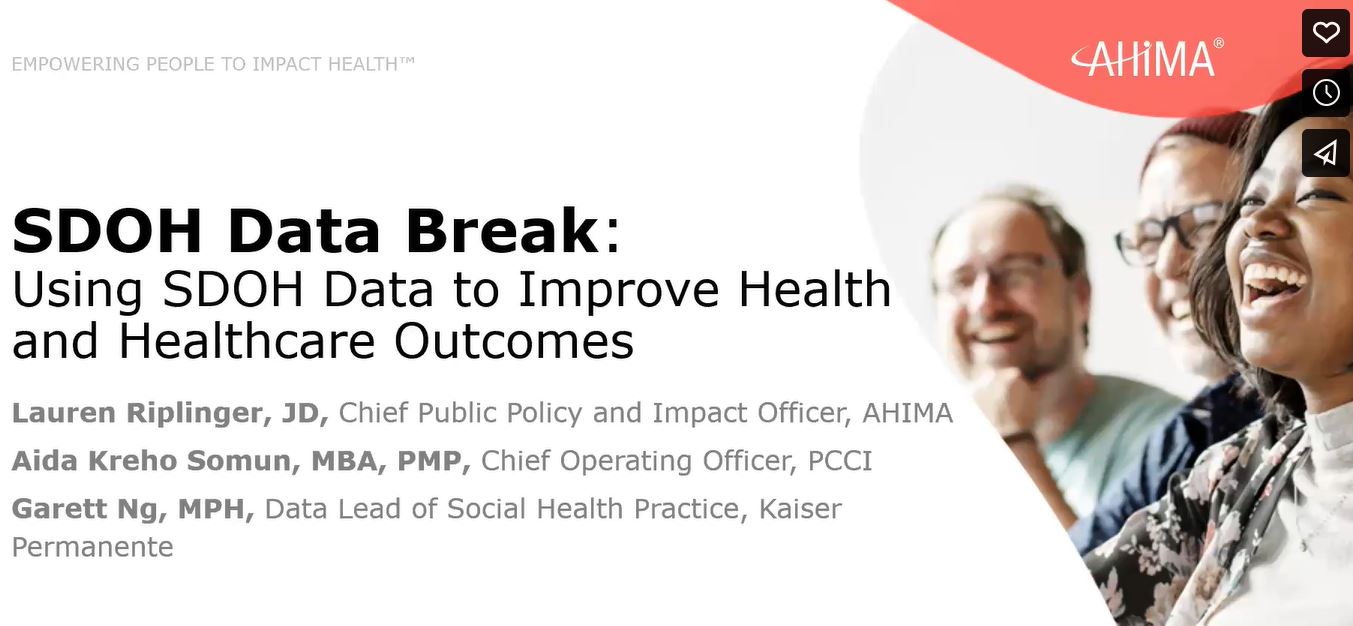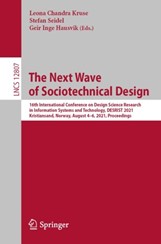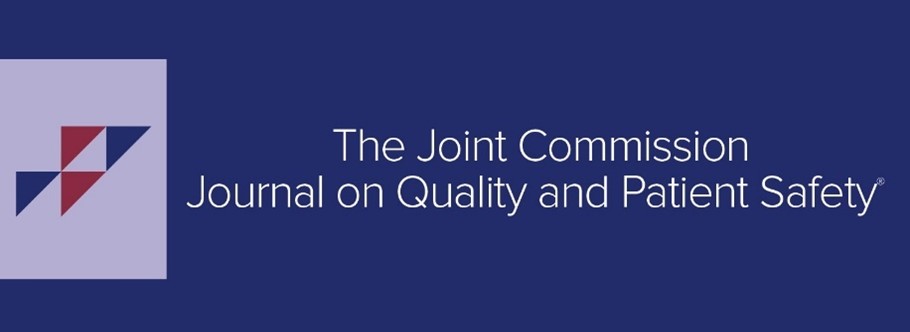BMJ Journal – 32 Diagnostic missed opportunities for diagnosis – addressing the unknown unknown with a safety net team
In this article, co-authored by Albert Karam, Vice President, Data Strategy Analytics at PCCI, missed opportunities for diagnoses are common in diagnostic imaging, particularly when incidental findings require follow-up.
View the full abstract of the paper here: https://bmjopenquality.bmj.com/content/13/Suppl_4/A23.2


